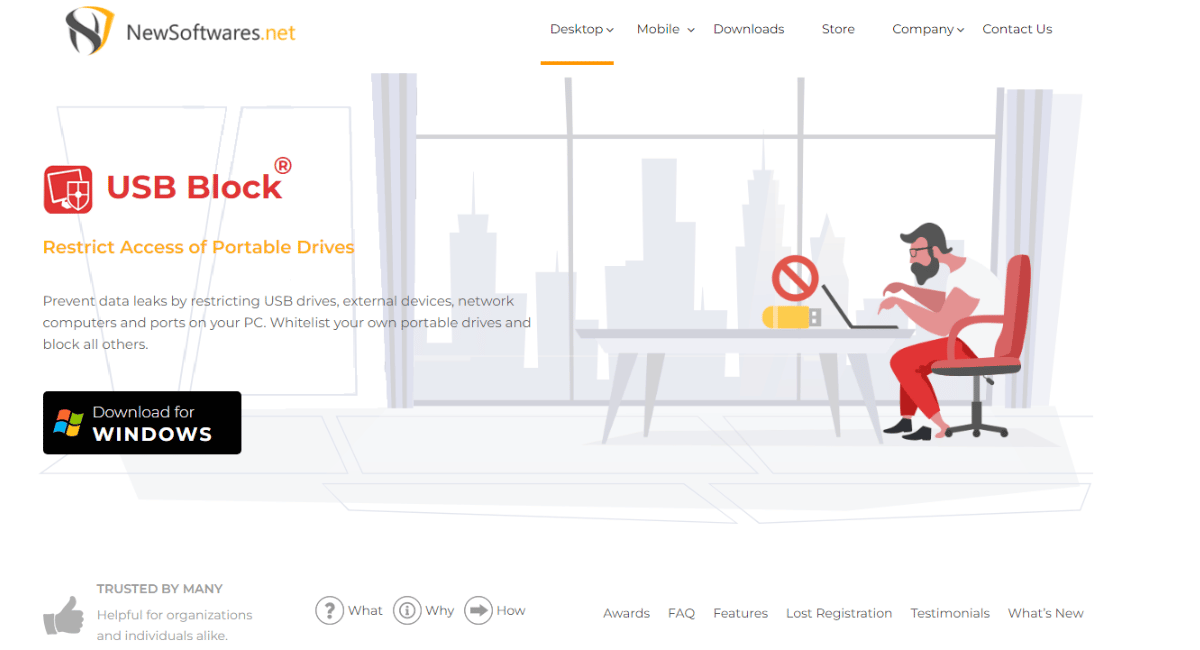Many people wonder why hackers do what they do? What value does stealing corporate data have for rogue employees – also known as insiders. Just last week, there has been an influx of reports on data hacking incidents, these range from celebrities posing in a questionable manner to hacking a popular cloud service known as drop box, getting away with extremely sensitive information. The days of hacking credits cards are nearly coming to an end, because it’s much easier to get away with stealing data and making quick cash out of that stolen data.
How can stole data be turned into quick cash? The answer is simple to understand but difficult to carry out – at least for someone with little knowledge on data theft – going back to the main point, hackers connect with online black market networks which enable them to sell stolen data without any repercussions. This market is similar to the underworld drug trade, there’s no image, video, document or record that is worthless, almost everything could be sold in ‘Hacker Bazaars’. This data can be used to extort money, create fake identities and conduct terrorism to say the least.
Moving on, the days of keeping handy information on desktop rolodex are long gone, according to a study by the university of California, in 2002, 92 percent of all company information was saved electronically, be it on company servers, desktop or laptop computers. Fast forward to today, and the same statistic has grown to 97 percent.
Accordingly, with almost all organizations relying on computers, the threat of insiders has become a cause for concern. Organizations are competing for metrics, financial strategies, marketing strategies and HR data. What’s more, this data is accessible to most employees, some can view and some also have the power to modify it. Accordingly, employers who fail to keep their employees happy and satisfied with their working conditions are at an increased risk of becoming victim to insider attacks. To make matters worse, nearly 70 percent of employers have no idea how valuable even the smallest piece of information could be.
As often is the case, an employee becomes dissatisfied with his or her employer, and can get back at them by stealing sensitive corporate data, it could be strategies on cost cutting, marketing tactics to increase sales revenue, HR data on key employees or software code (in cases involving software development companies). Whatever the case, employers are defenseless in preventing employees from stealing corporate data. Once such data is stolen, the rogue employee can either sell it on the black market to make a quick profit, or sell it to a competitor who is willing to secretly utilize that information in improving its strategy. In the past, many unethical organizations have gained a competitive edge by enticing dissatisfied employee with a better job that comes with great pay, benefits and perks – given that these employees bring with them key data on their competitors.
Read more : Restrict unauthorized USB drives to prevent Data Leaks on PC
What Is Corporate Data And Why Is It So Valuable?

Corporate data is data that is collected, stored, and managed by a company, usually for the purpose of analyzing and improving business operations. This data can include customer information, financial records, and inventory. Corporate data is valuable because it can provide insights into customer behavior, help identify areas of improvement, and help organizations make better decisions. It can also be used to inform marketing and product development strategies.
Kinds Of Data Targeted By Hackers And Insiders
Hackers and insiders typically target sensitive corporate data such as financial information, customer data, and trade secrets. They may also attempt to access confidential employee information, such as passwords, usernames, and personal information. Additionally, hackers and insiders may target corporate data related to intellectual property, such as patents and trademarks.
Financial Data Providing An Incentive For Hackers And Insiders

Financial data provides an incentive for hackers and insiders because it can be used to gain access to other sensitive information, such as customer data, trade secrets, and intellectual property. Additionally, financial data can be used to commit fraud or other criminal activities. Hackers and insiders may also try to access financial data to gain access to corporate funds or to manipulate markets. Finally, financial data can be used to gain access to personal information, such as passwords and usernames, which can be used for identifying theft.
How customer data is targeted by hackers and insiders?
Customer data is a valuable target for hackers and insiders because it contains personal information, such as names, addresses, phone numbers, email addresses, and other sensitive information. Hackers and insiders may use customer data to gain access to corporate funds, to manipulate markets, or to gain access to personal information, such as passwords and usernames, which can be used for identity theft. Additionally, customer data may be used to target businesses for fraud or other criminal activities. Finally, customer data can be used to create targeted advertising campaigns, which can be used to manipulate customers into making purchases or entering into contracts.
Corporate Secrets Are Prized By Hackers And Insiders
Corporate secrets are highly prized by hackers and insiders because they can be used to gain an advantage over competitors or to gain access to confidential information. Hackers may use corporate secrets to gain access to company databases or to gain access to confidential documents, such as financial statements or customer records. Insiders may use corporate secrets to gain access to confidential information or to gain a competitive advantage. Corporate secrets can also be used to manipulate markets or to gain access to personal information, such as passwords and username.
The Dangers Of Corporate Data
Corporate Data Used To Commit Fraud And Identity Theft
The use of corporate data can be a major risk for companies and their customers. Corporate data can be used to commit fraud, identity theft, and even sabotage. A company’s confidential data can be stolen and used to gain access to financial accounts, customer records, and other sensitive information. Additionally, corporate data can be used to manipulate markets or to gain a competitive advantage. Companies must be aware of the risks associated with corporate data and take steps to protect their data and customer information.
The Potential For Insider Trading And Data Breaches
Insider trading is a form of fraud in which an individual uses non-public information, such as confidential company data, to buy or sell securities. This type of fraud can be extremely lucrative and can have serious financial and legal consequences. Data breaches are also a potential risk as hackers can gain access to confidential information, such as customer records, financial accounts, and other sensitive data. Companies must ensure that their data is secure and that they have proper security measures in place to protect their data .
Corporate Data Can Be Used To Disrupt Business Operations
Corporate data can be used to disrupt business operations in several ways. For example, hackers may use corporate data to gain access to confidential information, such as customer records, financial accounts, and other sensitive data. They can then use this data to manipulate the market, manipulate prices, and even commit fraud. Additionally, corporate data can be used to gain competitive advantages, such as insider trading, or to gain access to confidential information to gain a competitive edge.
Prevent Corporate Data From Hacker And Insider

Nonetheless, all hope is not lost, employers can take preventive action by utilizing data leak prevention software. One of the most trusted and highly recommended software to prevent data leaks is USB Block, not only does it block USB drives, it can block all sources of data leaks, including WIFI, CD drives and allows the admin to set special permissions.
Steps To Keep Corporate Data Secure
- Strengthening authentication and authorization measures.
- Regularly updating software and security protocols.
- Educating employees about cyber security.
We hope this friendly guideline has helped you understand why corporate data is so valuable for hackers and insiders and how you can protect it.
